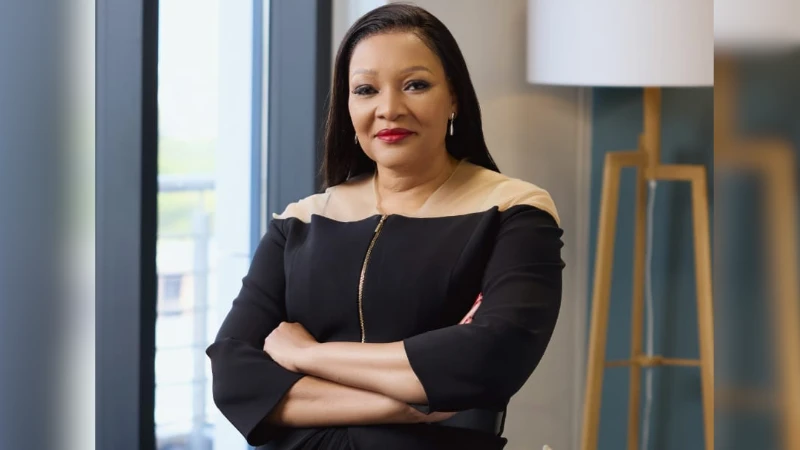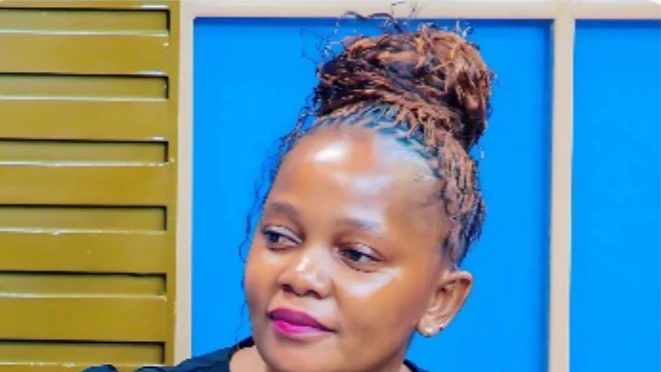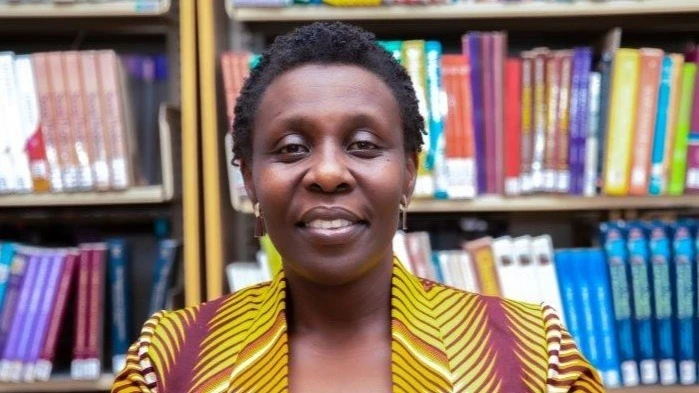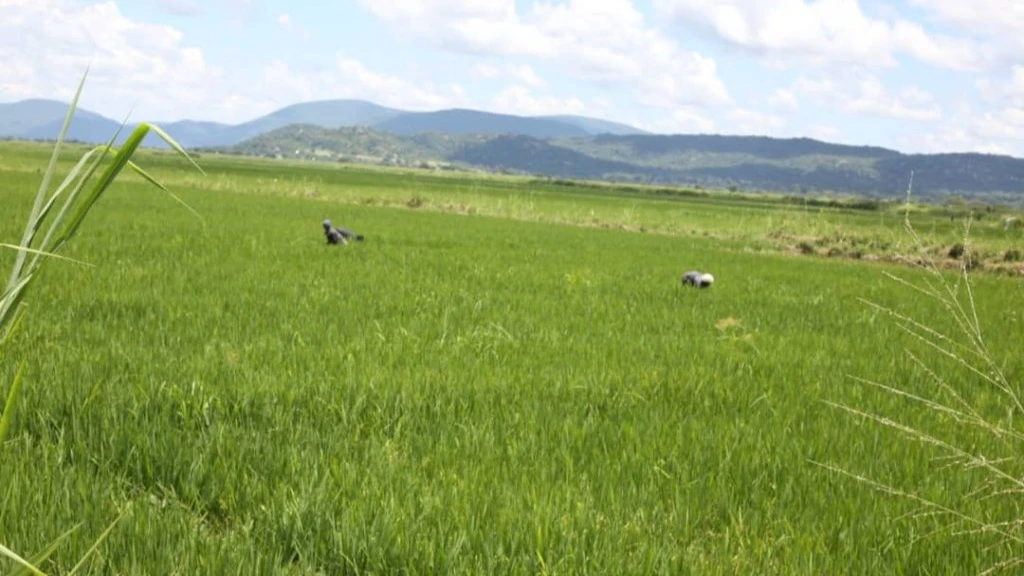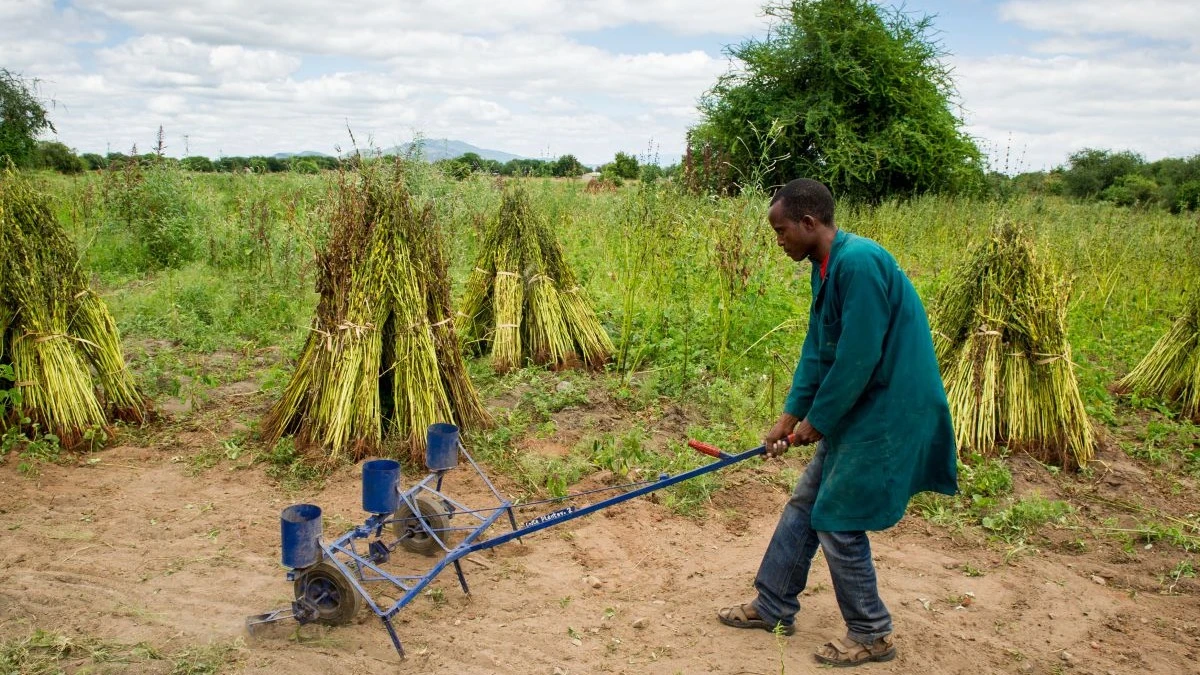Nurses and Midwives: The Backbone and Beating Heart of Our Health Systems
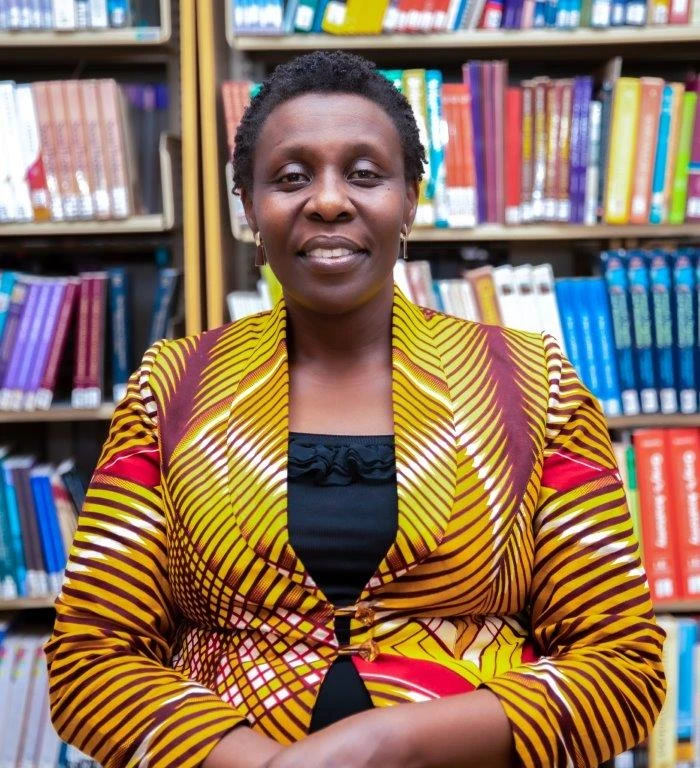
EACH year, during the International Nurses and Midwives Celebration, we’re called to reflect on an unshakable truth.
Nurses and midwives are not just part of healthcare, they are its beating heart and unyielding backbone. In hospitals, rural clinics, and through quiet home visits, they are often the first and sometimes only point of contact for people in need of care. Their role is not just clinical; it is foundational, especially in underserved communities.
In my home country, Tanzania, the health and survival of patients in remote areas often rest solely in the hands of nurses and midwives. With limited access to hospitals or physicians, it is the Nurse who steps in, not just to treat illness, but to provide comfort, educate families, and guide communities through crises. They lead with compassion and skill. During the COVID-19 pandemic, this truth was brought into sharp focus. These professionals were not just delivering care, they were creating calm amid chaos. But the pandemic didn’t turn them into heroes, it simply revealed what they have always been.
Still, their story is not only one of sacrifice. It is one of leadership and innovation. Amid crises, nurses and midwives have pioneered solutions, from running mobile clinics and public health education campaigns to embracing telehealth where infrastructure is lacking. Innovation wasn’t a luxury; it was a necessity.
At the School of Nursing and Midwifery (SONAM) in Tanzania, we have built our mission around primary health and community-centred care. We believe the most persistent gaps in healthcare can and must be addressed at the grassroots level. A powerful example was our outreach last year in Ngaramtoni, Arusha, where our students led a groundbreaking initiative that connected mental health with climate resilience. In partnership with AKU’s Arusha Climate and Environmental Research Centre (AKU-ACER), they organized open-air stress management workshops, community-based teaching sessions, and awareness programs addressing alcohol abuse. These efforts show how nurses don’t just heal individuals but also strengthen entire communities.
This is the kind of transformative care nurses and midwives deliver every day. Their reach extends to marginalized populations, this includes women in remote villages, children in urban slums, and elders living in isolation. They build trust where systems have failed. They advocate, educate, and connect people to life-saving care.
Yet we must ask: are we doing enough to support them?
Their effectiveness is not just natural, it’s nurtured through training, mentorship, and professional growth. When education focuses on leadership, critical thinking, and real-world skills like emergency response, mental health, digital health, and public policy, the results speak for themselves. Stronger nurses and midwives mean stronger, more resilient communities.
Investing in them is not optional, it is urgent. We must move beyond applause and into action, action that provides fair pay, safe workplaces, leadership opportunities, and support for their mental and physical wellbeing.
Because when we invest in nurses and midwives, we don’t just support healthcare, we reimagine it. We fortify it. We prepare it for the challenges ahead.
So, here’s to the nurses and midwives who innovate, who show up, and who never give up not just in times of crisis, but every single day, in every life they touch. We are not the support system. We are the system.
(Dr. Eunice Siaity serves as the Dean of the School of Nursing and Midwifery, Tanzania, and the Associate Vice-Provost of Aga Khan University, Tanzania.)
Top Headlines
© 2025 IPPMEDIA.COM. ALL RIGHTS RESERVED













